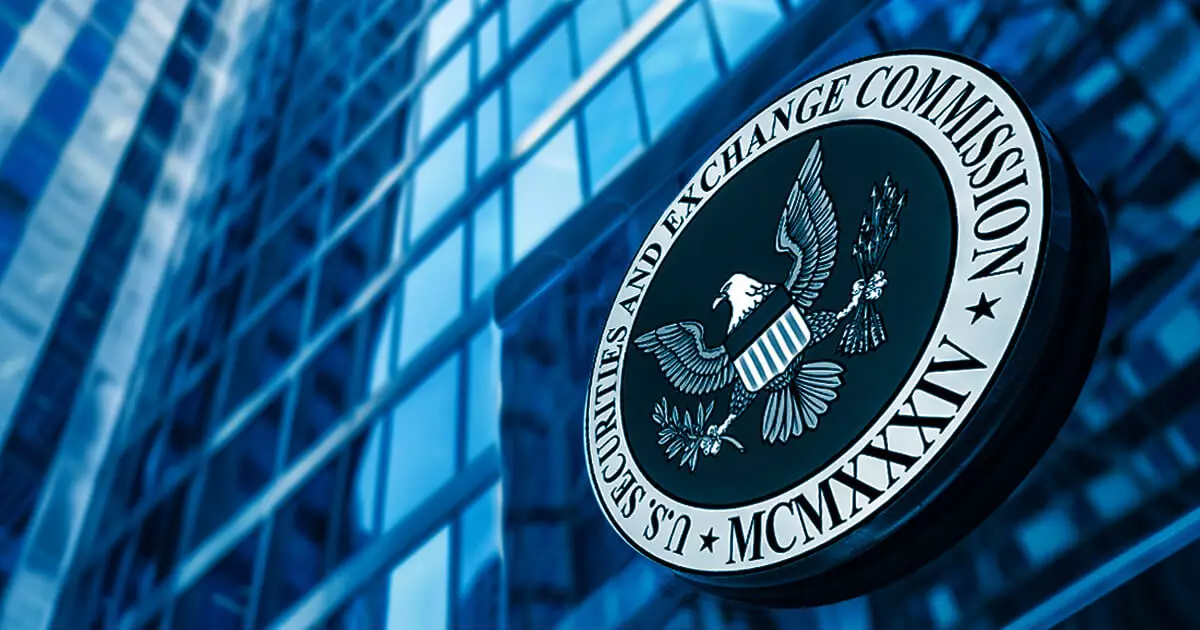Congressman Wiley Nickel has taken a bold stance against the US Securities and Exchange Commission (SEC), accusing the agency of eroding trust in the regulatory system with its “regulation by enforcement” strategy. He believes that this approach is a blatant abuse of power that could potentially stifle digital innovation in the United States.
Nickel has been a vocal supporter of cryptocurrency and has consistently advocated for a regulatory framework to protect consumers in the industry. His recent criticism of the SEC comes in the wake of the agency issuing a Wells Notice to OpenSea for allegedly violating securities regulations, sparking concerns within the crypto community about the SEC’s enforcement practices.
The Congressman warned that the SEC’s aggressive enforcement tactics are creating uncertainty that could impede the advancement of emerging technologies, especially in the Web3 and digital asset sectors. He contends that the SEC should collaborate with Congress to establish clear and fair regulations through a transparent process that incorporates public input.
Nickel’s statements have struck a chord with many in the crypto community who have long criticized the SEC’s enforcement-centric approach. By calling for a more collaborative regulatory process, he is echoing a larger conversation in Washington about how to regulate the rapidly evolving digital asset space without stifling innovation.
The SEC has faced backlash for its enforcement actions against key players in the crypto industry, such as OpenSea, with allegations that the agency is overstepping its authority by treating digital assets as securities without clear legislative backing. Critics argue that the SEC’s focus on enforcement, rather than cooperation, is counterproductive and undermines its mission of protecting consumers.
Many industry insiders believe that a more cooperative approach between the SEC and the crypto industry would lead to more effective regulations that safeguard consumers without impeding progress. By working together to develop a balanced regulatory framework, both parties can support innovation while ensuring consumer protection in the digital asset space.

